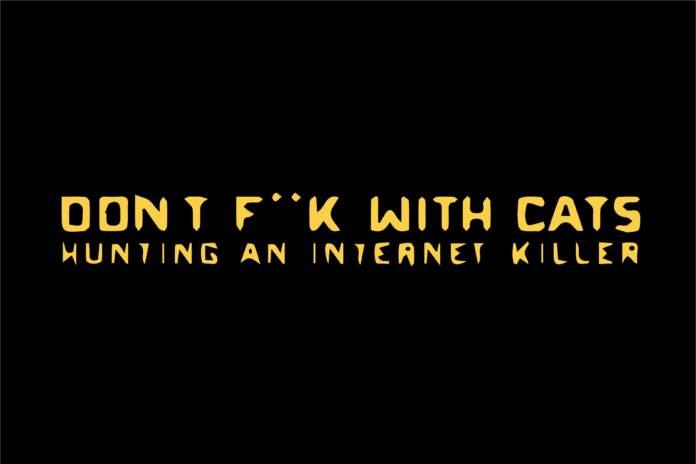Netflix’s latest true crime series dehumanizes victims and glorifies perpetrators — as usual
Netflix released the controversial true-crime limited series “Don’t F**k With Cats: Hunting An Internet Killer” on Dec. 19, 2019. Directed by Mark Lewis, the documentary follows Canadian murderer Luka Magnotta who gained notoriety online after posting videos of himself killing cats.
The series stars two internet sleuths who began investigating the case after Magnotta first posted a video of himself killing two kittens. Dianna Thompson, under the pseudonym Baudi Moovan online, was integral in discovering Magnotta’s identity.
According to Thompson, there is only one rule of thumb when navigating the dark web: “Don’t f**k with cats.” Due to the graphic nature of the videos Magnatta posted, he quickly gained a following of people trying to take him down. Because the video could not be located to a certain area, police investigations could not interfere. So members of a Facebook group enraged by the videos took it upon themselves to identify the killer.
While the case is certainly fascinating, and it’s understandable why Lewis would create it, there are strong moral reasons why this series shouldn’t exist. A previous article in The California Aggie made an argument that true crime series can be damaging in the ways that they gloss over the lives of the victims and tend to glorify and perpetuate the narrative that killers create for themselves. This series further proves this argument.
Magnotta was described as having narcissistic histrionic personality disorder. His whole life revolved around trying to get as much attention as possible. He created fake fan accounts and spread rumors in order to direct as much spotlight toward himself as he could. He broke the internet’s only rule in order to anger as many people as possible and build a following. He was arrested while reading news about himself in a cafe in Berlin.
Now there’s a three-part series all about Magnotta. “Don’t F**k With Cats” has been criticized for the tone it strikes and it’s lack of sensitivity toward the graphic content.
“This dynamic alone sets up a major conundrum for the filmmakers. How do you accurately tell this story and depict Magnotta’s narcissism without playing into his fetish and glamorizing it?” Kayleigh Donaldson for Screenrant writes. “Sadly, the documentary stumbles hard with this problem. Its slick aesthetic plays heavily into Magnotta’s own style and the image he wanted to convey of himself.”
The series is also guilty of glossing over the life of Magnatta’s human victim — Jun Lin. Only one friend of Jun Lin was interviewed and there is no mention of him until late in the second episode. The documentary dismisses Jun Lin’s humanity, making him out to be merely a victim in Magnotta’s game. No one in the documentary seems to care about getting to know Jun Lin further, so the audience does not get to. He becomes a prop in the narrative and wasn’t given a life in the way Magnata was and thus was dehumanized.
“The murder has robbed us not only of Lin Jun, but our ability to think and talk about him without feeling pain and shame,” his father said in a victim impact statement. It is painful to think of how those close to Jun Lin would feel to have his murderer be glamorized in the way the documentary does.
It was discovered that Magnotta staged the murder off of a scene from “Basic Instinct.”
“He was playing a movie, and he was the star of this movie,” said a Montreal police officer. “And he wanted to be the star of the world.”
There is a half-hearted attempt to acknowledge the contradiction of making a documentary like this in the last episode of the series. Thompson faces the camera and asks the viewer directly if they, too, are “complicit” for watching the documentary until the end. It is a lazy and distasteful gimmick that only proves the lack of care they had over this fact because they made it anyway.
Written by: Alyssa Ilsley — arts@theaggie.org










